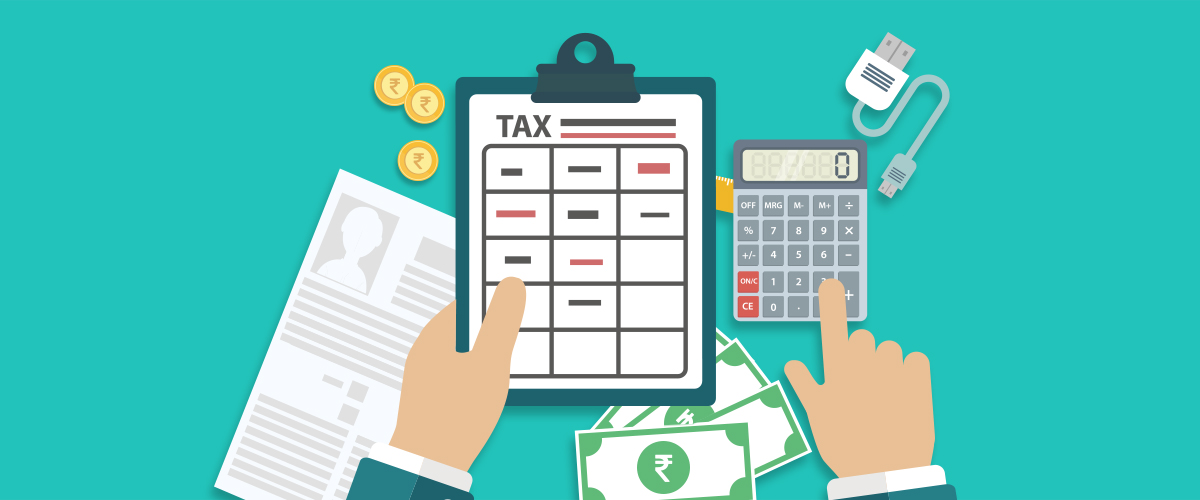Blogs > What is Advance Tax and How to Pay it?

As the name suggests, advance tax refers to the income tax you pay in advance instead of paying a huge sum to the government at the end of a financial year. Also known as the pay-as-you-earn scheme, this allows paying your tax in installments, according to the deadlines fixed by our Income Tax Department. One of the major advantages of advance tax is that it ensures the government a steady flow of income rather than waiting for the end of a financial year for revenue.
In this post, we will look at advance tax and understand who is it for and how to file it.
Advance tax is applicable and mandatory for anyone whose tax liability exceeds Rs. 10,000. The only people exempt from advance tax are salaried professionals and employees whose only source of income is their salary. Since their employers deduct tax-at-source, the exemption from advance tax makes sense.
However, if you are a salaried professional but have other sources of revenue such as income from capital gains on mutual funds and shares, interests from fixed deposits, winning jackpot from lotteries, races or game shows, revenue from freelancing opportunities and more, you are supposed to pay the advance tax after calculating your losses and expenses.
Advance tax is also applicable to income outside TDS. This means self-employed professionals and businessmen also need to pay advance tax as their tax liabilities are high. Our government follows two calendars of distinct installment periods for advance tax, respectively.
While one installment calendar is for self-employed professionals and businessmen, the other is for companies. The following table shows you the dates for paying advance tax:
| Installment Due Date | Payable Amount |
| 15th September (On or Before) | Less than or equal to 30% of the total advance tax liability |
| 15th December (On or Before) | Less than or equal to 60% of the total advance tax liability |
| 15th March (On or Before) | Full payment of the advance tax liability |
| Installment Due Date | Payable Amount |
| 15th June (On or Before) | Less than or equal to 15% of the total advance tax liability |
| 15th September (On or Before) | Less than or equal to 45% of the total advance tax liability |
| 15th December (On or Before) | Less than or equal to 75% of the total advance tax liability |
| 15th March (On or Before) | Full payment of the advance tax liability |
The Income Tax department has recognized over 900 branches across India for the payment of advance taxes and you can pay your advance tax by directly walking into any of the recognized branches. To pay, you can use the challans dedicated to advance taxes and deposit them before your concerned deadline. Some of the authorized banks for the payment of advance taxes include:
· The Reserve Bank of India
· State Bank of India
· ICICI Bank
· HDFC Bank
· Indian Bank
· Allahabad Bank
· Syndicate Bank
· Axis Bank
· Punjab National Bank
· Punjab and Sindh Bank
· Indian Overseas Bank
If you fail to pay the percentage of advance tax before your deadline, you have to pay an interest as a penalty. For the amount you need to pay, simple interest at 1% per month is calculated for three consecutive months.
The same is the case when you fail to pay on your next deadline as well. However, if you don’t pay your advance tax even after the deadline for the final installment is crossed, an SI of 1% is computed on your defaulted amount for every month till you pay your advance tax.
Questions on taxes can sometimes be ambiguous. To get further details, you can always get in touch with us for more accurate and tailored responses.